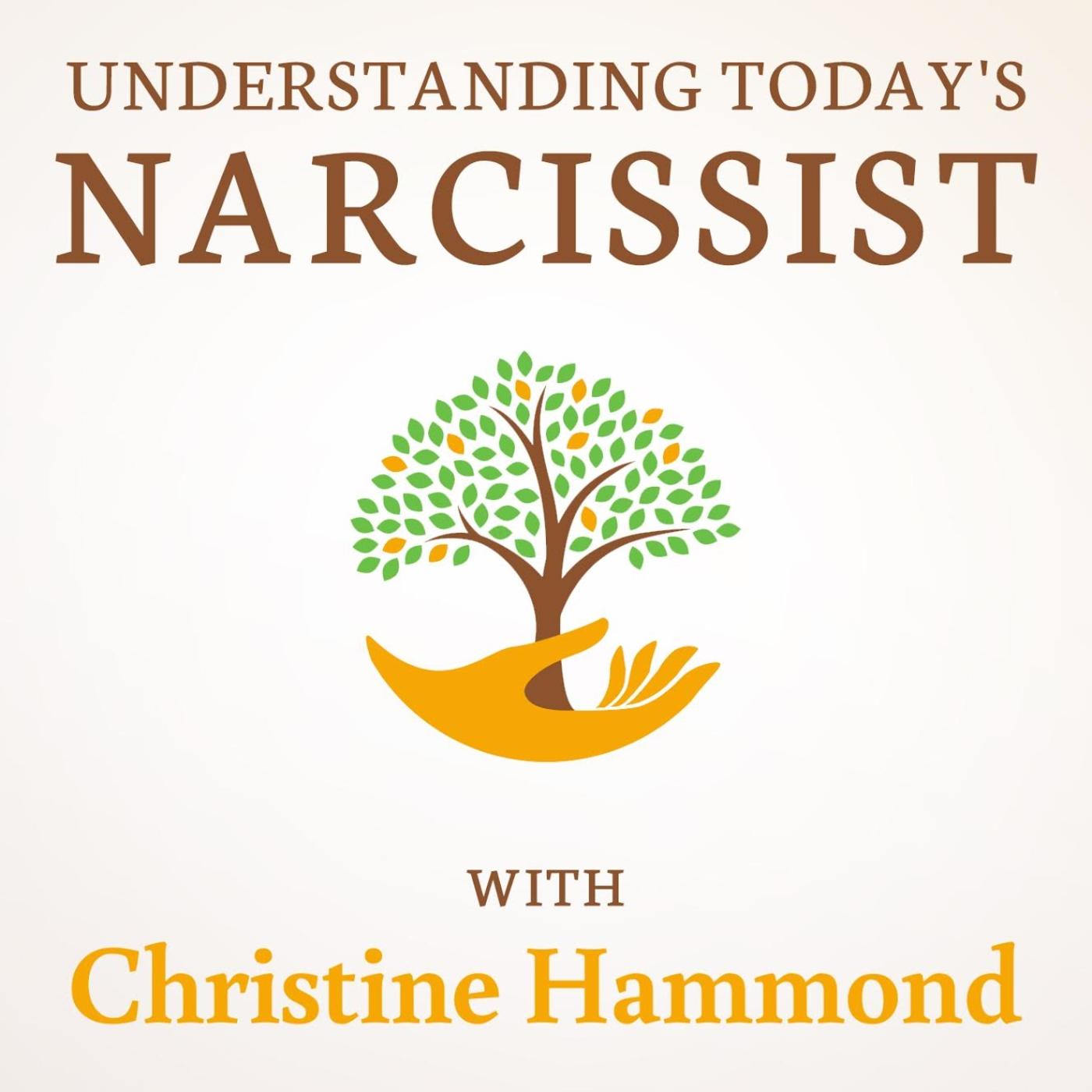Understanding Today's Narcissist
Parental Alienation

loading...
December 07, 2018 12:56pm
15m
There is hardly a day that doesn’t go by in my counseling practice where someone brings up the concept of parental alienation. The problem is that the term is frequently misused. For some, it is a catch phrase used to describe any and all poor parent/child relationships. After all, it is far easier to blame the ex-spouse for the child’s poor behavior than it is to look at one’s self. This article is an attempt to clear up some confusion and answer some basic questions about alienation.
What is parental alienation? Parental alienation occurs when one parent encourages their child to unfairly reject the other parent. The child might display signs of unwarranted fear, hostility, and/or disrespect toward one parent while displaying signs of loyalty, unconditional trust, and/or empathy towards the other. The contrast in behavior, emotional responses, and thoughts towards each parent are dichotomous. The child may or may not be able to communicate logical reasoning for the difference.
What are the variations of alienation? There are three primary ways alienation occurs from the parent’s perspective: naively, actively, and obsessively.
- Naively. The naïve parent is not trying to alienate the child from the other parent. Instead, they may do so with passive-aggressive comments such as, “Your mom makes more money than me, so she can pay for that.” These statements are not meant to cause a rift between the child and the other parent, however, the child might hold onto these statements and connect them with other similar comments resulting in them naturally pulling away from the other parent.
- Actively. The active parent tries to generate feelings of loyalty in the child at the expense of the other parent. “If you tell your dad about my promotion, he might try to reduce my child support.” By asking the child to maintain a secret from the other parent, there is a private bond from which the child learns to withhold parts of their life from the other parent. Over a long period of time, this can result in a more distant relationship.
- Obsessively. The obsessed parent is intentionally manipulative in aggressively seeking out opportunities to alienate the child from the other parent. “When your mom gets mad, I don’t know what she will do to you and I’m afraid for your safety.” The obsessed parent is deliberately poisoning the relationship between the child and the other parent. This is a consistent and persistent action usually done without any parental remorse for any harm that might come to the child because of it.
What about the child? Children who are the innocent victims of parental alienation fall into two categories: oblivious and hostage. The oblivious child is unaware of the alienation efforts by the one parent and even when it is brought to light, still defends the parent. However, the hostage child is more aware of the deception but feels powerless to do anything about it. Even when confronted, the child defends the parent, although it is not a believable defense. The hostage child also shows other behavioral problems which often manifest at a school where the child feels freer to release some of the pressure of home.
What parental alienation is not. Having looked at the definition of parental alienation and the different types of parents and children involved, there are some occasions which may appear to be parental alienation, but they are not. The two categories discussed below are child-induced alienation and reverse parental alienation.
What is child-induced alienation? In this case, the child feels unsafe around one parent due to something they have witnessed or experienced. This is usually a traumatic event, abuse (physical, mental, emotional, verbal, sexual, spiritual, or financial), neglect, abandonment, and/or substa
Christine Hammond, MS, LMHC
Host
loading...